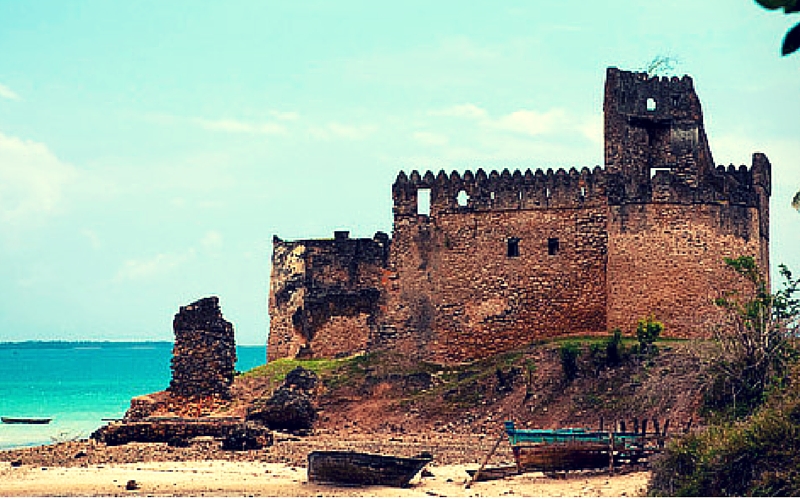
Early History of the Swahili in Kilwa and Zanzibar
Swahili can be used to describe a language and a tribe of people. The title ‘Swahili’ comes from the Arabic term suahel which means sea coast. They used the term to describe the black people they encountered in Zanj (the land of black people). When Arabs first encountered Africans in Zanj (now Zanzibar) they were mostly farmers but soon became traders as well.
After their encounter with Arabs, the Swahili adopted some Arab beliefs and ways of life including Islam. Many mosques were built in this area during this time. Eventually Islamic religion and Arabic culture became influential in Zanzibar. Many people fleeing Persia and Arabia settled in Zanzibar and worked as teachers of Islamic law in local mosques.
The Swahili merchants traded in cowrie shells, shell beads, iron smelted products, mangrove poles used to build houses, and criminals of war. In exchange they received cloth, potter and glass beads from Indian factories. After 900AD, trade of ivory and gold between Africa and Asia increased. Goods from inland were stored in warehouses on the coast until ships from Asia made their way to Zanzibar.
Around the 12th and 15th centuries, Kilwa, an island south of Tanzania was the biggest city in East Africa was an important trading port. Most states in East Africa such as Kilwa and Manda were small and are now extinct but others like Mombasa, Mogadishu and Zanzibar still remain. The ruling class called the ungwana were wealthy traders. The food was produced by the shenzi or local farmers who worked for the ruling class. The shenzi produced meat, fish, coconuts for themselve and for the ruling ungwana. While the houses of the shenzi were made of pole, clay and thatched roofs, the ungwana lived in coral houses that were expensive to construct nad served as a signal to foreigners in identifying them. The inland producers would trade their gold and ivory with the ungwana. Then the ingwana would trade with foreign traders.
The lineages of the ungwana were called kabila and they organized into wards that elected an elder who would rule over them. The elder was called a mzee who was part of a ruling council. The head of the council was called a sheikh or emir.

